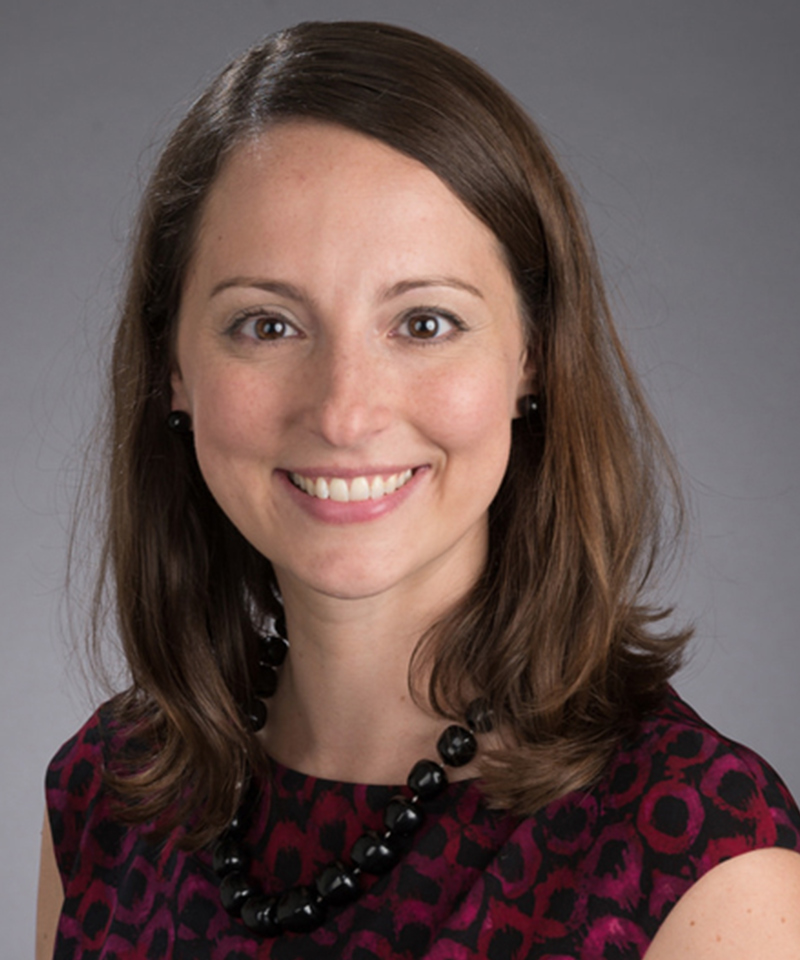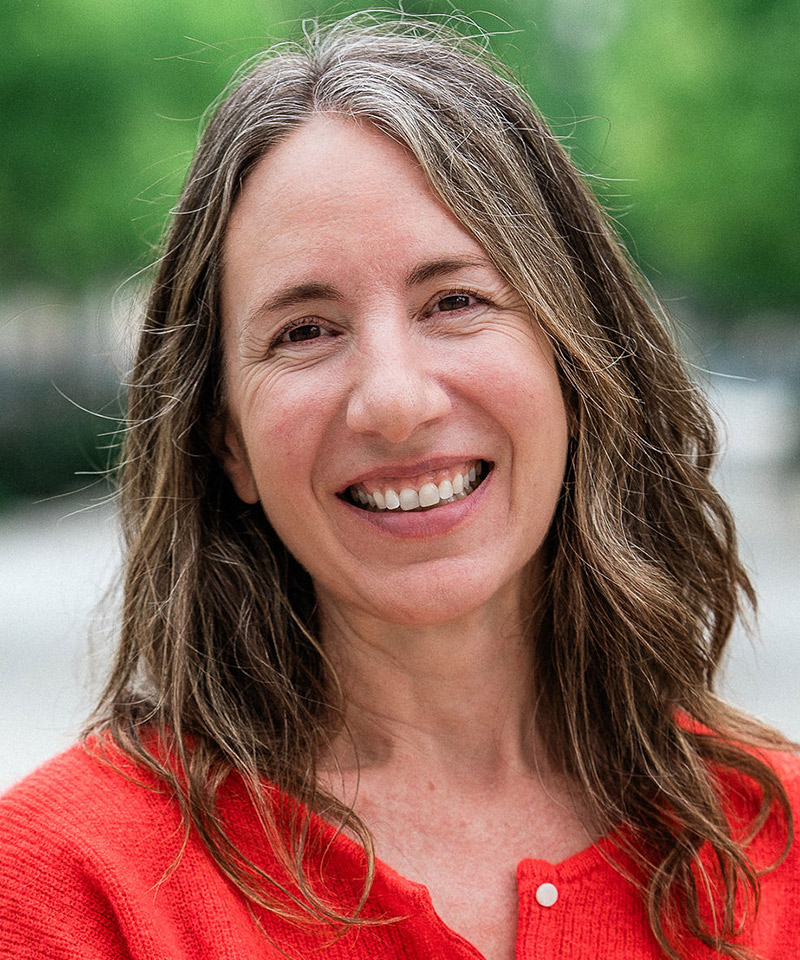Promises, Pitfalls, and Pathways to Policy Influence
May 21, 2025
Washington, D.C.
UC Washington Center
This is an invitation-only event
Many scholars want their research to have influence outside academia. They aim, not only to understand the world through the lens of academic research, but to make the world better because of their research. Yet, having influence is more difficult than is generally assumed. In this half-day event, IGCC scholars experienced in policy engagement will share stories from the frontlines, and provide thoughtful, nuanced, and candid reflections on what influence is—and what it isn’t; on “what works” and what are the potential pitfalls to avoid. Speakers from UC Federal Government Relations will also lead a session on what the current U.S. political environment means for academic research and engagement in the short- and long-term.
This program is part of the UCDC Presidential Faculty Fellows Program, an initiative to train UC faculty in how to engage with decisionmakers and communicate their research effectively to audiences outside the academy. The initiative consists of free virtual seminars throughout the spring, culminating in an in-person conference in Washington, D.C. May 19-23 that includes in-depth training and exposure on Capitol Hill for a cohort of UC faculty selected from across UC campuses.
For questions, email Marie Thiveos Stewart at: mthiveos@ucsd.edu.
Speakers
 Cecilia Farfán-Méndez is Head of the North American Observatory at the Global Initiative against Transnational Organized Crime (GI-TOC). Before joining GI-TOC, Cecilia was Head of Research at the Center for U.S-Mexican Studies at UC San Diego. Cecilia has extensive experience with policy engagement, testifying before the U.S. Senate Committee on the Judiciary and the House of Representatives Committee on the Judiciary on issues related to the U.S-Mexico border and criminal markets.
Cecilia Farfán-Méndez is Head of the North American Observatory at the Global Initiative against Transnational Organized Crime (GI-TOC). Before joining GI-TOC, Cecilia was Head of Research at the Center for U.S-Mexican Studies at UC San Diego. Cecilia has extensive experience with policy engagement, testifying before the U.S. Senate Committee on the Judiciary and the House of Representatives Committee on the Judiciary on issues related to the U.S-Mexico border and criminal markets.
 Julian Krause is a postdoctoral fellow in technology and international security at the UC Institute on Global Conflict and Cooperation (IGCC), based in Washington, D.C. Juljan’s expertise is in the international security implications of emerging technologies with a particular focus on the strategic competition between the United States and China over quantum technologies.
Julian Krause is a postdoctoral fellow in technology and international security at the UC Institute on Global Conflict and Cooperation (IGCC), based in Washington, D.C. Juljan’s expertise is in the international security implications of emerging technologies with a particular focus on the strategic competition between the United States and China over quantum technologies.
 Lauren Prather is an associate professor of international relations at the UC San Diego School of Global Policy and Strategy. Her work focuses on the domestic determinants of foreign policy, U.S. foreign policy, democracy promotion and democratization, Middle East politics, and experimental methods.
Lauren Prather is an associate professor of international relations at the UC San Diego School of Global Policy and Strategy. Her work focuses on the domestic determinants of foreign policy, U.S. foreign policy, democracy promotion and democratization, Middle East politics, and experimental methods.
Host
 Lindsay Shingler is the associate director of IGCC, where she leads communications, publications, and strategic initiatives. Shingler has more than 20 years of experience in writing, editing, and strategic communications, with an emphasis on global affairs, health, and international development.
Lindsay Shingler is the associate director of IGCC, where she leads communications, publications, and strategic initiatives. Shingler has more than 20 years of experience in writing, editing, and strategic communications, with an emphasis on global affairs, health, and international development.